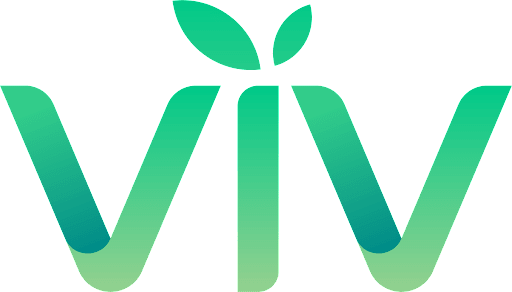Guardianship & Guardian Advocacy
Guardianship
A guardianship can help individuals who are not able to deal with their own affairs in a physical or financial manner. By having a person or institution appointed through a Florida guardianship proceeding, a person or institution (the guardian) then has legal authority to assist an individual (the ward) in those areas where the ward is no longer capable to represent their own best interests. At the Law Offices of Ginger R. Lore, I have helped clients navigate this process for many years.
What You Need To Know About Guardianships
As time goes by, it’s normal to be concerned about the future. From creating an estate plan to managing your finances, there are many moving parts. As your lawyer, I listen to your concerns and then come up with a tailored solution based on your specific needs. For example, many people come to me and are concerned about the future and their ability to make decisions about health-related matters. I can assist in establishing a health care directive in which a person will be able to speak on your behalf should you become incapacitated. Trusts and other pre-planning documents can also be used to protect your finances.
In situations where you are concerned about a loved one, a conservatorship or guardianship can also be a good option. In doing so, you can rest assured that they will get the care they need. At the outset, the court will determine whether the person is mentally incapacitated. If the person is determined to be mentally incapacitated, the court will next determine whether guardianship of the person, guardianship of the property or both are needed. A family member who seeks an appointment as guardian will need to submit to criminal and credit background checks. After the guardian is appointed, they will attend an educational course for guardians.
Guardian Advocacy
Parents no longer have the legal authority to make decisions for their children after they turn 18 years of age. Guardian Advocacy is a process for family members, caregivers, or friends of individuals with a developmental disability to obtain the legal authority to act on their behalf if the person lacks the decision-making ability to do some, but not all, of the decision-making tasks necessary to care for his or her person or property.
Who is developmentally disabled?
Any individual with Intellectual Disability, Cerebral Palsy, Autism, Spina Bifida, Downs Syndrome, Phelan-McDermid syndrome, or Prader-Willi syndrome that manifested before the age of 18; and that constitutes a substantial handicap that can reasonably be expected to continue indefinitely.
What are the powers and duties of a Guardian Advocate?
The same powers, duties, and responsibilities required of a guardian under Florida Statute Chapter 744 and those defined by the judge. These powers and duties are listed in Florida Statute §744.361. They include but are not limited to: filing an initial plan and annual reports; making provisions for Page 2 of 12 medical, mental health, dental and personal care of the person with a developmental disability; making residential decisions on behalf of the person with a developmental disability; advocating on behalf of the person with a developmental disability in institutional and other settings; and making financial decisions on behalf of the person with a developmental disability. A Guardian Advocate need not be the caregiver of the person with a disability.
Get Started With Our Help!
Plan your estate's future with our office's help! Please fill out the form below and we will get in touch as soon as possible.

